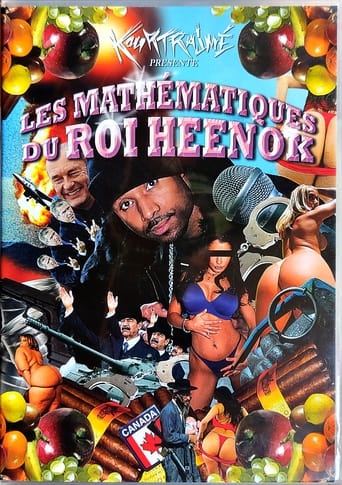
21 Jan 2008

Les Mathématiques du Roi Heenok
No overview found
This short documentary takes you on a tour of one of Montreal's first health food stores. The camera scans shelves stocked with all manner of natural foods to which nary an additive has been added: soybean and sesame seed products, wild honey, and even eggs from hens fed on blackstrap molasses. But the real eye-openers are in what you hear between the aisles, from the store's owner and his customers.

21 Jan 2008

No overview found
01 Aug 1969
This feature documentary studies the different faces of Montreal’s Greek community in 1969. Instead of giving voice to the businessmen and well-integrated few, the film highlights the cultural and economic problems encountered by new immigrants and their families.
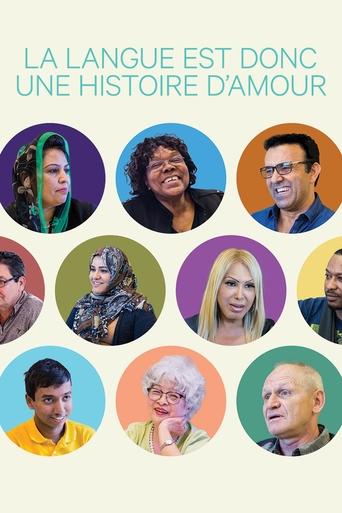
11 Oct 2019

No overview found

01 Jan 1955

Gilles Groulx's first film shot in 1955 with a camera borrowed from his brother and edited during his spare time when he worked as an editor at the Radio-Canada news service a few years before he joined the NFB. Silent film, presented as its author left it, where the soil and the dialectic of Groulx's work are already there: documentary realism, the social space to be explored, daily life, the relationship between individual and society, social disparities, the consumer society, seduction and happiness.
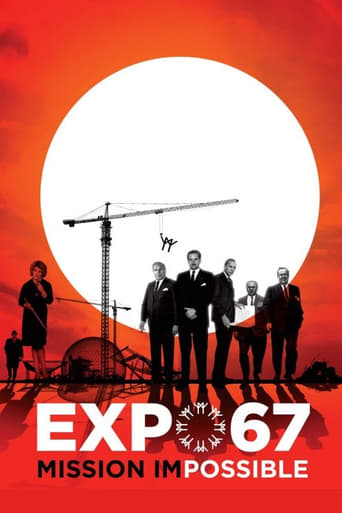
25 Apr 2017

This documentary let us to relive the challenge of the men behind the 1967 Universal Exposition in Montréal, Canada. By searching trough 80,000 archival documents at the national Archives, they managed to bring light on one of the biggest logistical and political challenges that were faced by organizers during the "Révolution Tranquille" in the Québec sixties. Includes the accounts of the Chief of Advertising Yves Jasmin, and businessman Philippe de Gaspé Beaubien.
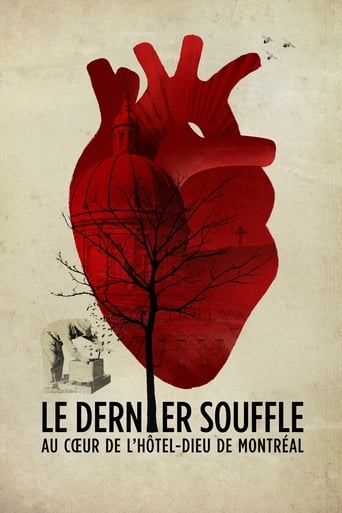
07 Apr 2017

No overview found
30 Sep 2010
A two-hour dvd of one of Sandor’s fermentation workshop, including demonstrations of making kefir and sauerkraut, as well as the history of fermentation and cultured foods, tips on fermentation vessels and storage, and information about micro-organisms, pre-digestion, and food safety (botulism, surface mould, and other fears de-mystified).
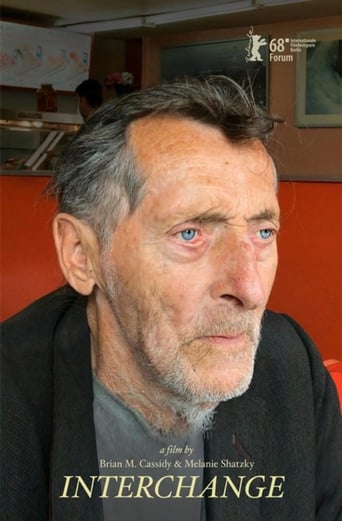
16 Feb 2018

Bathed in the uncanny glow of late afternoon sun and set against a noisy highway, Interchange depicts the melancholy and isolation of a small working-class neighborhood on the outskirts of Montreal.
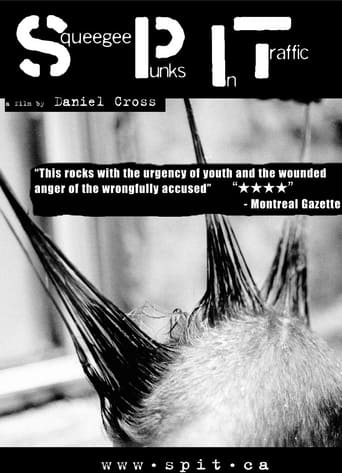
01 Jan 2001

We follow Roach, a 17-year-old ex-junkie and squeegee punk living on the streets of Toronto and Montreal. As part of the filmmaking process, he's been given a camera to document his world. The footage he gets is urgent, because there's a war against squeegee kids. This documentary is from the point of view of the kids themselves, in order to provide alternative voices. Roach's camera is positioned behind "enemy" lines: living in derelict buildings, squeegeeing for money, being hunted by police.
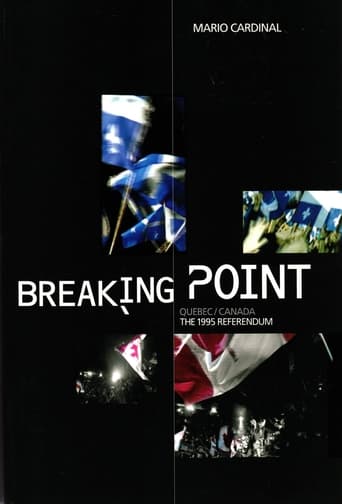
30 Oct 2005

BREAKING POINT brings viewers back to those tense, critical moments when Canada's future as a country was at stake.

03 May 2024

The film explores key moments in the history of the Expos as well as the relentless efforts to bring major league baseball to Montreal. Continuation of the work released in 2003.
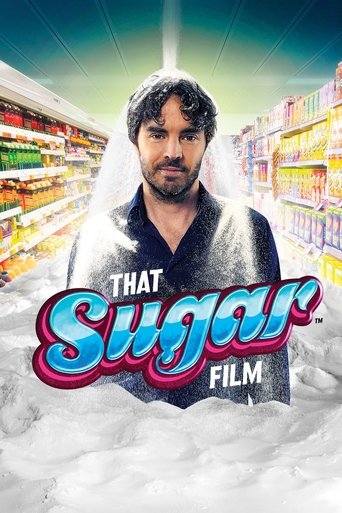
31 Jul 2014

One man's journey to discover the bitter truth about sugar. Damon Gameau embarks on a unique experiment to document the effects of a high sugar diet on a healthy body, consuming only foods that are commonly perceived as 'healthy'. Through this entertaining and informative journey, Damon highlights some of the issues that plague the sugar industry, and where sugar lurks on supermarket shelves.

24 Feb 2016

This film takes us inside the world of cricket and the daily life of Montreal's Parc Extension - one of Canada's poorest yet most vibrant immigrant neighbourhoods.
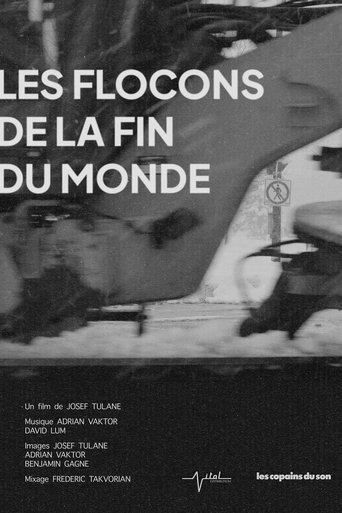
18 Nov 2025

Snowflakes at the End of the World offers a meditation on the beauty and ugliness of Montreal winter, and invites critical reflection on the relationship between humans and nature.

01 Jan 2008

No overview found
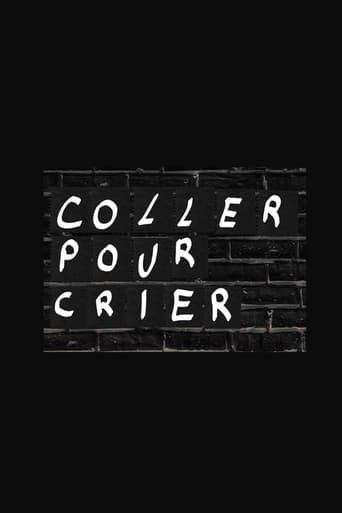
15 Dec 2021

On March 15, 2020, Montreal sees appearing on a wall, written in black letters on white paper "Stop feminicides". It is at this moment that the Collages Feminicides Montreal collective sees the light for the first time. Now the streets of the city are carpeted with their words. Today, after the 17th feminicide, they will continue to fight and stick, until this violence stops.
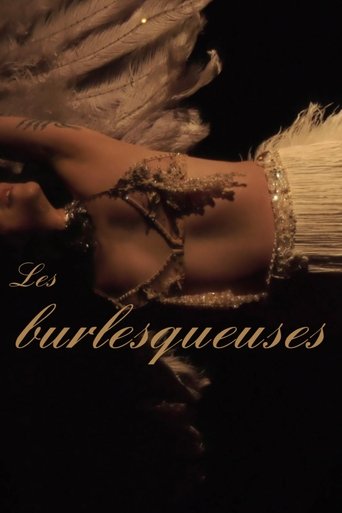
15 May 2025

Student documentary exploring the world of burlesque as a space for artistic expression and personal liberation, where performers channel their creativity and sensuality. Through their voices, they speak about the power of the stage to reconnect with their bodies and establish a deep connection with the audience. Burlesque is presented as a feminist, inclusive, and supportive environment, celebrating gender and body diversity. The action takes place at the Wiggle Room, located in Montreal. It is the only burlesque cabaret in Canada, known for its warm atmosphere and strong sense of community.

01 Jan 1973

Filmmaker Albert Kish revisits Montreal's St Lawrence Boulevard in the '70s. The street, also known as "The Main," is a little Europe with many languages, foods and small courtesies that make a stranger feel at home.
30 Mar 2015
In 1994, the Montreal Expos held the best record in baseball until the mid-August strike and the entire post-season was cancelled. The team never found success again, and in 2004, the franchise was forced to leave Montreal and move to Washington. This film provides access to powerful behind-the-scenes footage – ranging from the players’ bus ride to the stadium, to their emotional reactions stepping onto the field, to the Montreal fans who have never forgotten baseball’s best team in 1994. Interviews with media who followed the team’s season and discussions with former coaches and players will paint both a thrilling and heartbreaking picture of the influential ‘94 Montreal Expos – a groundbreaking squad whose legacy lives on in Montreal

31 Aug 2010

Investigating slavery in Canada through the story of Marie-Josèphe Angélique, a Black slave accused of burning Montreal in 1734. After an epic trial, this untameable slave is tortured and sentenced to death. But was she really guilty of this crime or was she the victim of a bigger conspiracy? Why this voluntary amnesia about this unknown page of Canadian history?